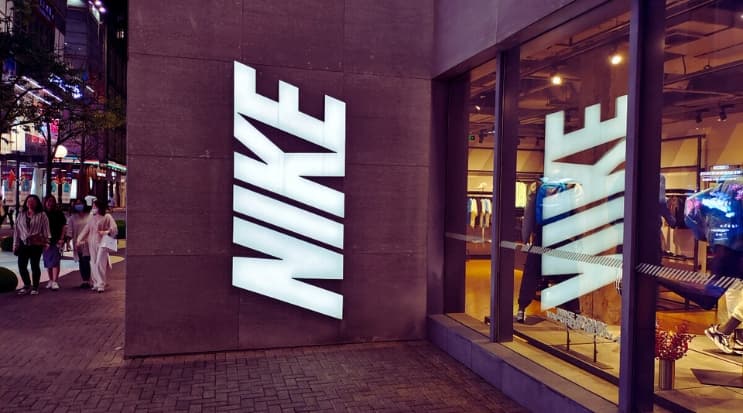
Nike Scores Partial Victory in Counterfeiting Lawsuit Against Social Media Influencer
Court Grants Injunction as Legal Battle Highlights the Growing Role of Social Media in Trademark Infringement Cases
In a significant move to protect its brand, Nike has secured a partial victory in its ongoing legal action against Florida-based social media influencer Eben Fox, known online as "Cedaz." The case, focused on allegations of counterfeiting, sheds light on how online platforms and influencers are becoming central figures in trademark infringement battles under US laws.
Judge Virginia Hernandez Covington of the Middle District of Florida ruled on April 21, 2025, granting Nike a partial summary judgment against Fox. The court found it "undisputed" that Fox sold counterfeit Nike products using platforms like CashApp and Discord, creating confusion among consumers about the authenticity of the goods.
Key Legal Findings and Injunction
The court determined that Fox’s activities — including promoting and selling “reps,” “replicas,” and “fakes” — infringed Nike’s trademarks. A presumption of consumer confusion was established, strengthening Nike’s case under trademark laws. As a result, Nike is now entitled to a permanent injunction against Fox, which will be formally entered at the conclusion of the case.
However, the judge did not grant a complete summary judgment. Some of Nike’s claims — particularly those related to Fox’s promotional activities involving shipping agents like PandaBuy and online affiliations — may proceed to trial. The judge noted that although six out of seven factors favoured Nike in the likelihood of confusion analysis, the absence of substantial evidence showing actual public confusion could influence the jury’s final decision.
Contributorily Liable for Social Media Sales
Another crucial aspect of the ruling involved contributory infringement. The court found that Fox was contributorily liable for the activities of social media sellers he promoted via his Discord channels and website. By facilitating introductions and providing dedicated sales platforms, Fox materially supported direct trademark infringement.
Fox did not effectively counter Nike’s arguments regarding his facilitation of counterfeiting through these channels, which bolstered Nike’s position in the lawsuit.
Broader Context: Nike’s Aggressive Anti-Counterfeiting Strategy
This case follows a series of aggressive legal moves by Nike to clamp down on counterfeit sales online. Just last month, a US court sided with Nike in a similar lawsuit against reseller StockX for selling fake Nike sneakers. Together, these cases demonstrate Nike’s commitment to vigorously enforce its intellectual property rights in an era where social media accelerates the spread of counterfeit goods.
Legal representation for Nike is being handled by DLA Piper US, while Eben Fox is represented by Tampa-based Four Rivers Law Firm.
As the final phases of the case approach, the outcome could set an important precedent on how laws apply to social media influencers involved, knowingly or unknowingly, in the sale of counterfeit products.
For any enquiries or information, contact info@thelawreporters.com or call us on +971 52 644 3004. Follow The Law Reporters on WhatsApp Channels